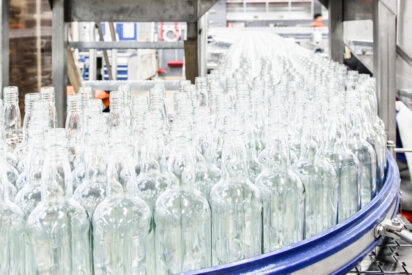Finnish food industry is committed to ambitious climate goals. Many companies have already set their own targets that are even stricter than those of the EU.
In early July, the European Commission published a proposal on climate legislation, which includes an interim target of a 90 per cent reduction in the EU’s net emissions by 2040 (compared to 1990 levels). Finnish food industry supports this goal and wants to play an active role in building a low-carbon food chain – while also strengthening the competitiveness and security of supply in the food sector.
Finnish Food and Drink Industries Federation (ETL) supports maintaining a high level of ambition in EU climate policy. However, regulation must be predictable. It is crucial that the specific characteristics of member states, business competitiveness, and food security are all considered when preparing policy measures.
It is positive that the commission’s proposal emphasizes the importance of recognizing national circumstances as well as cost-effectiveness, simplicity, technology neutrality, and a just transition in future climate regulation.
To achieve the ambitious 90 per cent emission reduction target, commission proposes flexibilities for member states. For the food industry, it is essential that such flexibilities enable cost-effective emission reductions without compromising the level of climate ambition or food security.
Without sufficient flexibility, strict emission reduction targets could lead to restrictions on agriculture, which would undermine the availability of raw materials for the food industry and increase production costs.
Over 95 per cent of food industry’s climate emissions originate from value chains, particularly from primary production. The transition to a low-carbon food system must involve the entire food chain, requiring major changes both in food processing and in raw material production.
In implementing climate policy, it is vital to balance environmental impacts with considerations related to security of supply and food security. The EU must ensure that regulation does not weaken the operating conditions or competitiveness of European food production but rather supports sustainable production ensuring food supply under all circumstances.
Readings:
Further information





